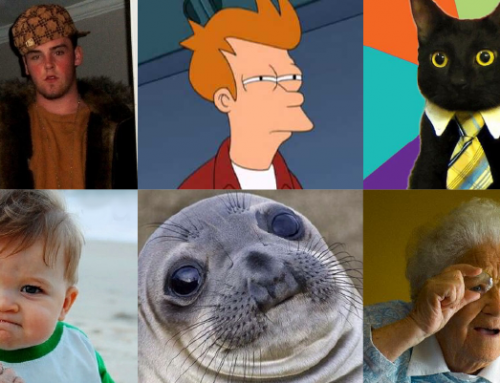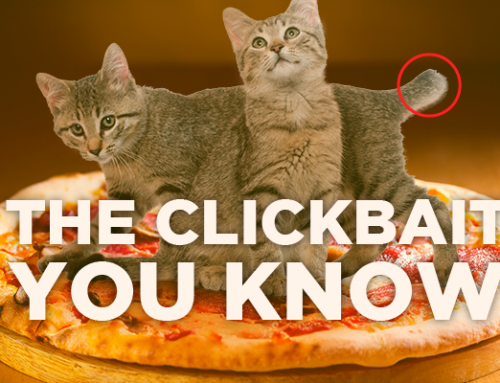Ah Facebook. As constant as the changing of the seasons, as trustworthy as an ageing sheepdog, as…. agile as an Olympic gymnast?
Ask pretty much anyone in the world today, and they’ll have something to say about Facebook. With its beautifully simple blue and white aesthetic and comfortingly familiar icons, Facebook has managed what most social media platforms can only dream of – longevity. Grabbing the dated social baton from Bebo and MySpace, Facebook has managed to outlast countless young guns over the years, making just enough incremental changes as it does so to remain relevant.
13 years after Facebook’s conception, in the wake of its ‘Stories’ launch and new video updates, we can’t help but ponder if good old fb is actually impervious to the shifts in digital trends that have seen so many of its peers fall by the wayside. Just what is the key to Facebook’s apparent success?
One explanation could be that whilst other social platforms focus on just one particular ‘media’, Facebook seemingly engulfs each and every new one, invariably coming back stronger and more comprehensive. Like a digital Gandalf. Facebook is your Instagram, your Tumblr, your Twitter, your Whatsapp and now your Snapchat all rolled into one. Like the precocious child at a birthday party, every time one of the other channels produces updates, developments or features, Facebook just has to have them for itself.
You may argue that Facebook could never do photo sharing like Instagram, or instant, visual messaging like Snapchat. But purely the fact that it has the technology to makes it a monolithic presence that looms large in most of our lives, even when logic and history suggest it should surely have disappeared. Say what you will about its street credentials, but Facebook is nothing if not diverse and willing to change with the times.
Another factor in Facebook’s sticking power may well be some form of nostalgia. In the same way you dust off a box of cinema stubs, plane tickets and birthday cards to leaf through for old time’s sake every now and then, Facebook’s seemingly limitless storage capacity allows every user to hoard and hold onto years worth of memories. These can come in the form of photos, wall-writings, or (unfortunately) ill-advised status updates from your more ‘angsty’ years. Facebook’s very vintage is its greatest boast – Generation Y can trace much of their entire lives through the platform, and Generation X have had time to comfortably settle into using it regularly.
On top of this, in recent years Facebook has become not only a social platform, but a tool for curating and collating news updates. Never has the phrase ‘newsfeed’ been more applicable than in the Facebook world. What with its eternal reel of updates from international publications, Facebook has been given a new lease of life as a mouthpiece for current affairs. Although other social platforms are just as news-savvy (Twitter and Snapchat anyone?) Facebook always seems to get there first, and hosts many of the most politically charged comment debates to boot…
So where does that leave Facebook moving forward? Will it continue to be the beacon of life, hope and news that it is now? Or will it slowly fade from the online sphere as its users become disenchanted and seek their digital socialising elsewhere? Well, despite aping Instagram and Snapchat by introducing a ‘stories’ function (which nobody as of yet appears to be using), one of Facebook’s biggest problems is its current inability to engage Generation Z social media users, who prefer to communicate on more ‘lit’ and ‘extra’ platforms like Snapchat and Instagram.
Not so fast though – Mark Zuckerberg has cooked up a potential solution to Facebook’s ageing fanbase, and it’s virtual. An article recently published in New Scientist explores Facebook’s plans to launch ‘virtual reality’ features, allowing fb friends to create their own avatars, and hang out in (sort of) person – “You finally managed to get everyone together in one place. Friends you haven’t seen for ages, scattered around the world, smile and talk to each other across a table – a virtual table, in a virtual world, seen through a virtual reality headset.” This is a vision that has enough tempting mystique to attract users of all ages, and offers a reason for sticking around that other platforms probably won’t be able to. Virtual friend reality sounds suitably futuristic, but could it isolate, I don’t know, perhaps people who still value going outside? Or is it just the plan for world domination that will finally see the Gen-Zers flooding into Facebook’s warm, blue and white embrace?
Well whatever the future holds, you’ll probably find out about it on Facebook.
















